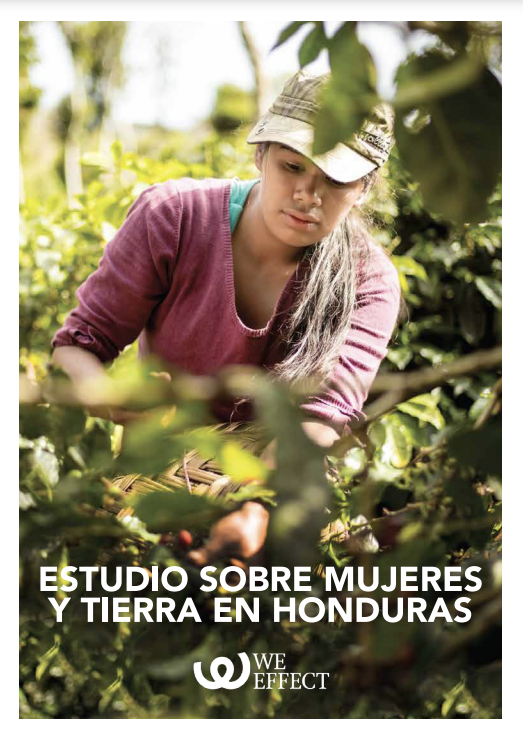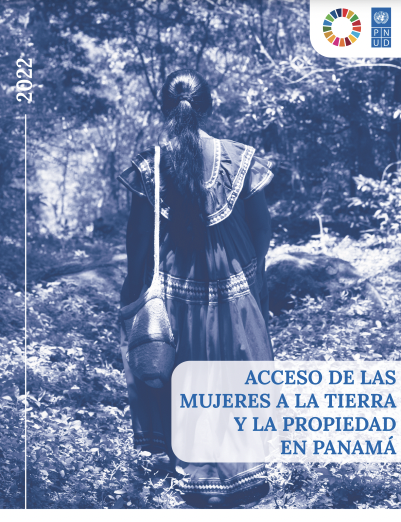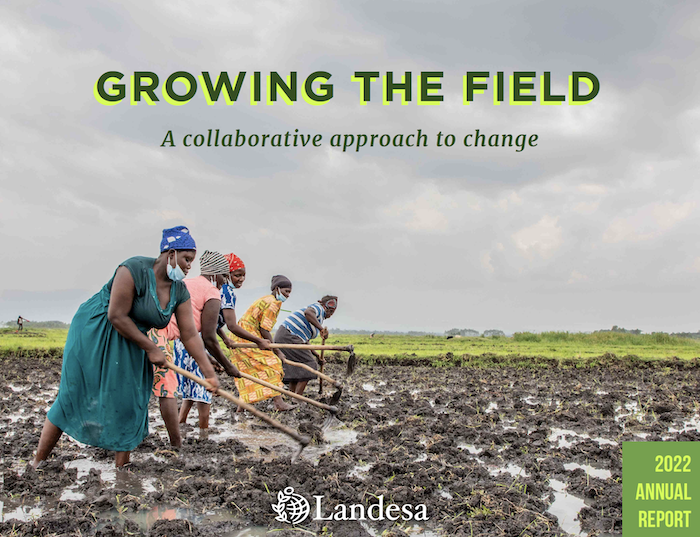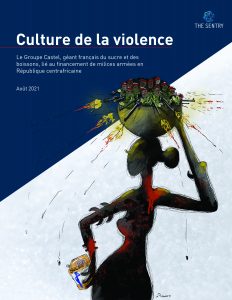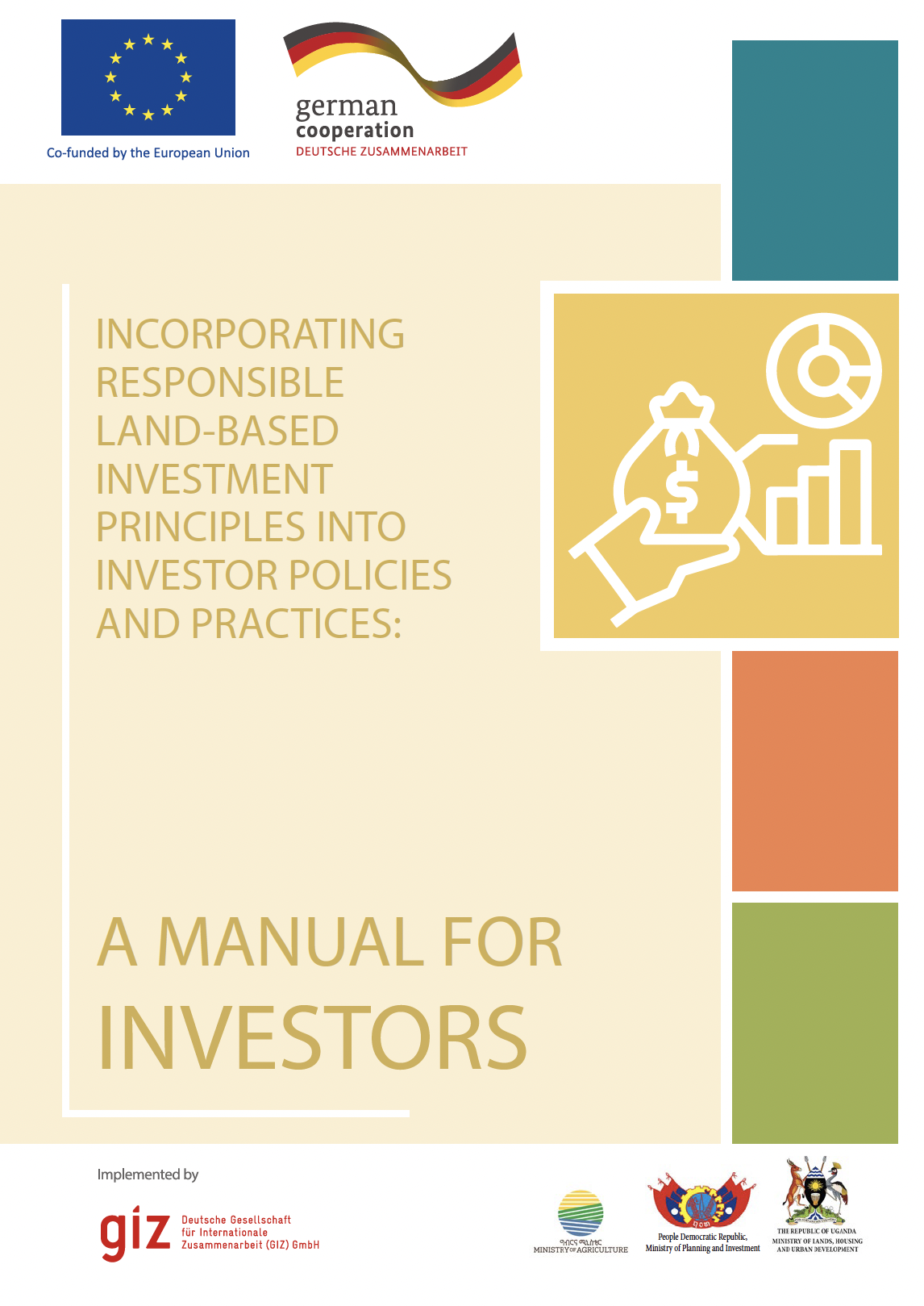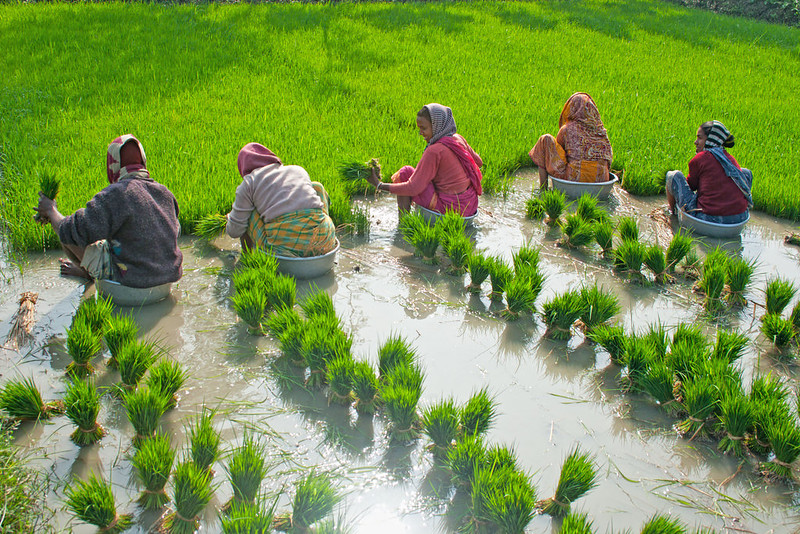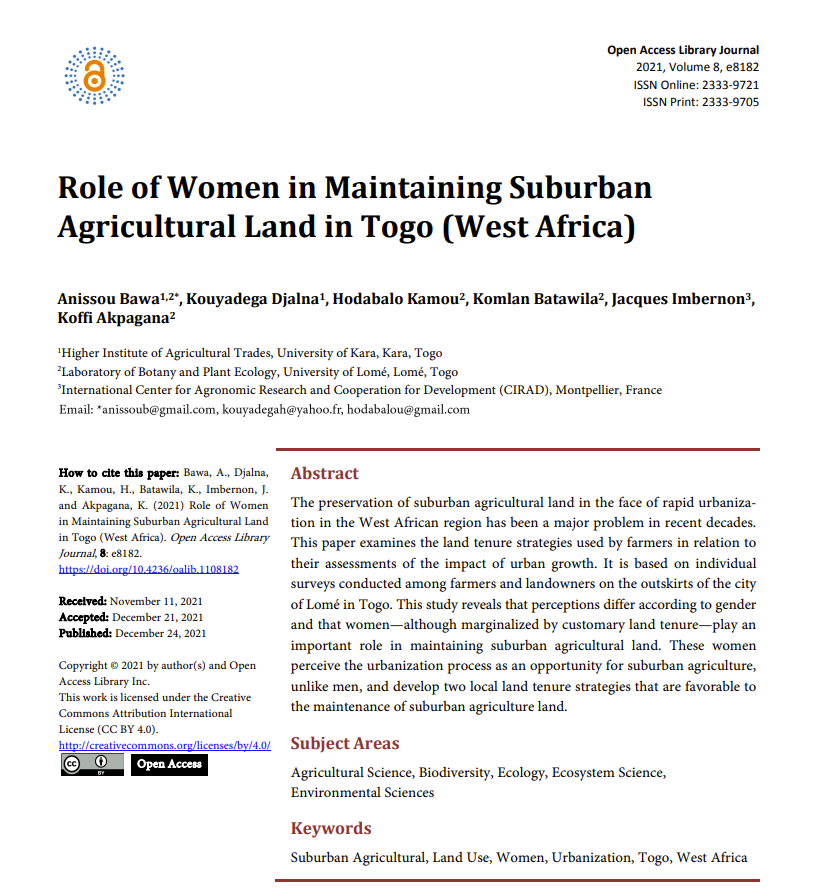Estudio sobre Mujeres y Tierra en Honduras
El objetivo de este informe tiene como propósito la identificación de "políticas públicas, marcos jurídicos, protocolos institucionales y otros posibles mechanismos que ofrezcan oportunidades para diseñar estrategias de incidencia para acceso, control y/o propiedad de la tierra para las mujeres rurales" en Honduras.

